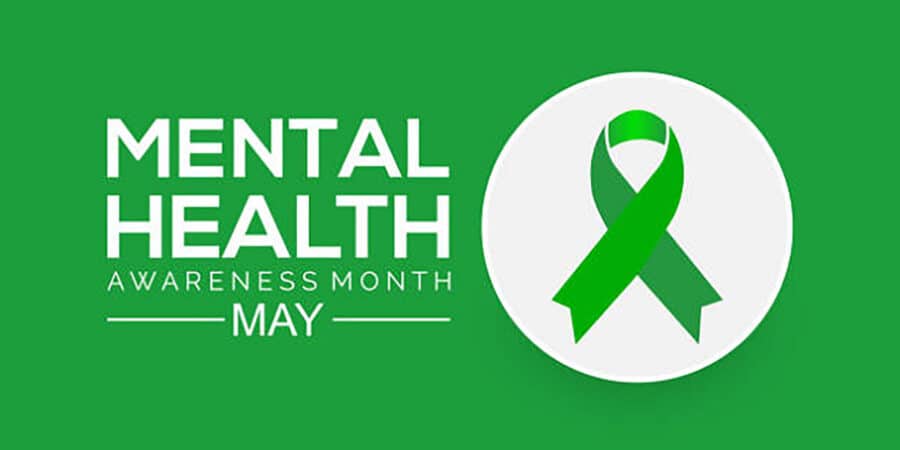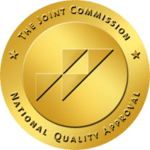
Trauma and Addiction: Are They Connected?
Traumatic events can extend much farther than the times and places it was experienced by the individual. Unfortunately, it can permeate into one’s life in many ways, including addiction. Trauma and addiction are often linked together, as researchers have found that a large percentage of individuals who suffer from addiction have also experienced some type of trauma in their lives. In order to overcome both trauma and addiction, it is important to understand trauma, how it turns into addiction, and dual diagnosis treatment.
Trauma and Addiction: What is Trauma?
According to SAMHSA, individual trauma results from an event, series of events, or set of circumstances experienced by an individual as physically or emotionally harmful or life-threatening with lasting adverse effects on the individual’s functioning and mental, physical, social, emotional, or spiritual well-being.
Types of trauma can include:
- Fearing for safety
- Extreme pain
- Witnessing a violent act
- Witnessing a tragedy
- Experiencing abuse
- Military combat
- Car accident
- Bullying
- Sexual assault
- Surviving a near-death experience
- Experiencing a natural disaster
- Experiencing, or witnessing a loved one experience, a life-threatening condition
Any traumatic event or experience can lead an individual to suffer from Post-Traumatic Stress Disorder. While there is no magic wand to get rid of PTSD, luckily, there are ways individuals who suffer from it can cope and deal with its symptoms and live normal, happy lives.
Statistics on Trauma
- 61 percent of men and 51 percent of women report exposure to at least one-lifetime traumatic event in the United States
- 90 percent of clients in public behavioral health care settings have experienced trauma
Kaiser Permanente’s Adverse Childhood Experiences study showed a child who experiences four or more traumatic events is five times more likely to become an alcoholic - In the same study, 60% more likely to become obese
- In the same study, up to 46 times more likely to become an injection-drug user
Studies by the Veterans Administration have led to estimates that between 35-75% of veterans with PTSD abuse drugs and alcohol
How Trauma Can Turn Into Addiction
Trauma can cause a multitude of physical, emotional, and behavioral symptoms. These include:
- Recurrent, unwanted distressing memories of the traumatic event
- Reliving the traumatic event as if it were happening again (flashbacks)
- Upsetting dreams or nightmares about the traumatic event
- Negative thoughts about yourself, other people or the world
- Hopelessness about the future
- Memory problems
- Difficulty maintaining close relationships
- Feeling detached from family and friends
- Lack of interest in activities you once enjoyed
- Difficulty experiencing positive emotions
- Being easily startled or frightened
- Always being on guard for danger
- Trouble sleeping
- Trouble concentrating
- Irritability, angry outbursts or aggressive behavior
- Overwhelming guilt or shame
In an effort to overcome these negative symptoms associated with trauma, people need to find ways to cope with them in order to survive. Positive ways to cope with trauma can include ongoing therapy, exercise, or volunteering for others who experience it. Unfortunately, many people find negative coping mechanisms such as drugs or alcohol to help “numb” these feelings, thoughts, and emotions. While this might be a temporary bandaid, all it does is exacerbate the anxiety and/or depression, and can quickly lead to overdose or suicide.
Dual Diagnosis Treatment
When an individual is suffering from addiction, overcoming their addiction takes much more than just becoming sober. It also involves treating the underlying cause of the addiction, which can be anything from a diagnosed or undiagnosed mental health condition, a parent who suffered from addiction, or trauma.
Addiction is a symptom of the deeper root cause, making long-term recovery virtually impossible without also treating the root cause of the addiction. This type of treatment is called dual diagnosis treatment. By learning how to cope with trauma in healthy ways, people are able to live happy, healthy lives in recovery free of addiction and the haunting thoughts of their trauma.
About Channel Islands Rehab
A life free of addiction and other symptoms of trauma are possible. Trauma is often an unfortunate reality and part of life, however, it does not have to define you and ruin your life. You are in control of your own destiny and life — and that includes no longer being held in the prison of your addiction and trauma.
The Channel Island Rehab Total Immersion Method is not an out-of-the-box approach to addiction treatment, like many other rehabs. It is unique in that it involves specifically around you and your individual, unique needs. No two people’s journeys are the same at Channel Islands Rehab, allowing for the best chances for long-term success.
Complementing these vital treatments and therapies is our powerful, unwavering ring of support. Through these collaborative efforts, we help you to uncover the underlying issues of your addiction. Our ultimate goal is for you to leave the facility strong and confident, with a practical plan for lasting recovery.
At Channel Islands Rehab Treatment Center, we work to make your residential stay pleasant and stress-free. Our beautiful, calming home, located only one-half block from the ocean, gives you an opportunity to relax and reassess your direction in life. The facility overlooks the harbor, providing the most appealing of settings for reconnecting with yourself.
For more information, visit channelislandsrehab.com








